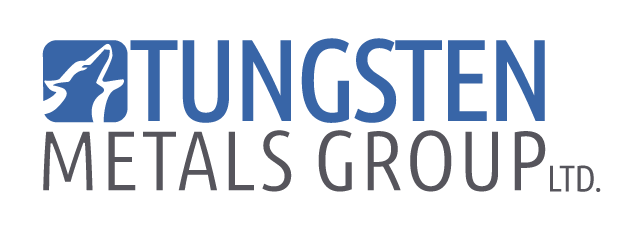China’s Tungsten Export Restrictions: What’s Happening to Global Markets?
Tungsten prices have surged since China tightened its stranglehold over global supply of the essential metal. As the largest supplier in the world, China’s actions are sending shockwaves through industries around the world that rely on tungsten.
What Exactly Is China Doing?
In February 2025, China imposed stricter export controls on several critical minerals, including tungsten. In August 2023, tungsten products were similarly restricted (powders, carbide materials). Now the scope is wider, to include other critical metals as well.
Under the new rules, exporters must receive government permits before they can ship such minerals overseas. This is one element of China’s broader drive to secure its resources and negotiate trade relations, especially in the face of rising geopolitical tensions. This comes on top of China’s previous moves, like export restrictions on materials such as gallium, germanium, and antimony, which came into effect in the second half of 2024, and are vital for making semiconductors and other critical products. These policies signal that China is proactively using its control of key minerals to get ahead of EV supply chain considerations.
Why is China Doing This?
China’s motives are complex — safeguarding national security, enhancing its economic position, and shoring up geopolitical power. The country has long viewed tungsten as a strategic resource, vital to its military and industrial base. China is ensuring that its own industries get top-priority access to a strategic raw material fundamental to advanced manufacturing by restricting its tungsten exports. Also, amid rising tensions between China and the West, particularly over trade, this export control gives China a significant card to play in economic negotiations.
The Ripple Effect: What’s Happening With Prices?
The immediate effect of these export restrictions has been a surge in tungsten costs. Ammonium paratungstate (APT), a significant tungsten compound, has seen a price increase of over 20% in a matter of months. With few alternatives outside of China, manufacturers worldwide are rushing to secure supplies.
Industries Feeling the Heat
A number of sectors are especially susceptible to these price increases:
Aerospace & Defence: Tungsten alloys are essential for military uses like armor-piercing ammunition and aircraft components. Major supply chain disruptions are now a possibility for defence contractors.
Electronics & Semiconductors: The tech industry is experiencing increased costs and uncertainty due to the use of tungsten in the manufacturing of semiconductors.
Automotive & Heavy Machinery: The cost of tungsten carbide tools is rising for these industries as well because they are essential to mining and manufacturing equipment.
How Are International Markets Changing?
The world market is reacting to China's increasing control over tungsten:
Investigating New Sources: In an attempt to lessen their dependency on China, nations such as the United States, Canada, and Australia are stepping up their efforts to locate new tungsten deposits.
Recycling Initiatives: In an effort to alleviate supply constraints, businesses are seeking to improve tungsten recycling.
Stockpiling: Some producers are securing long-term tungsten contracts in order to guarantee their future supply.
The American Reaction
The U.S. government is acting to increase domestic production in response to China's increasing control over vital mineral exports. In early 2025, President Trump issued an executive order to expedite mining project approval, with reducing dependency on imported critical minerals as the goal. To help American businesses, the new US Administration is also looking into new trade measures like import taxes on minerals. These actions demonstrate a determined effort to safeguard American interests and improve its standing in the world's mineral supply chain.
Our Approach in the Face of Market Uncertainty
TMG recognises the importance of expanding into key global markets amid shifting tungsten supply dynamics. Chairman Mr. Tony Adcock highlighted how these changes reinforce the need for broader market access.
“As the market knows, TMG is in discussion with EQR Ltd, and these market dynamics strengthen the case for access to the US and Japanese markets," said Mr Adcock before going on to explain TMG will be keeping a careful eye on these developments and modifying plans as necessary to guarantee continuous supply.
Among the actions we're taking are:
Developing wider Supplier Relationships: In order to maintain a consistent supply of tungsten, we are growing our network of non-Chinese suppliers.
Recycling and Recovery: We are currently looking into improving our capacity to recover tungsten from current materials by investing in cutting-edge recycling technologies.
Providing Market Insights: We keep a close eye on worldwide trends to give our clients the most recent advice on changes in the market.
Developing US ties to grow that market in addition to our Japanese markets.
What’s Next for the Tungsten Market?
The global market is changing significantly as a result of China's increasing control over tungsten exports. Industries are rushing to stabilise their supply chains and find alternate sources due to uncertainty and rising prices. Diversification, creativity, and meticulous strategic planning are likely to be key components of the tungsten industry's long-term prospects.
Feel free to contact us to learn more.


